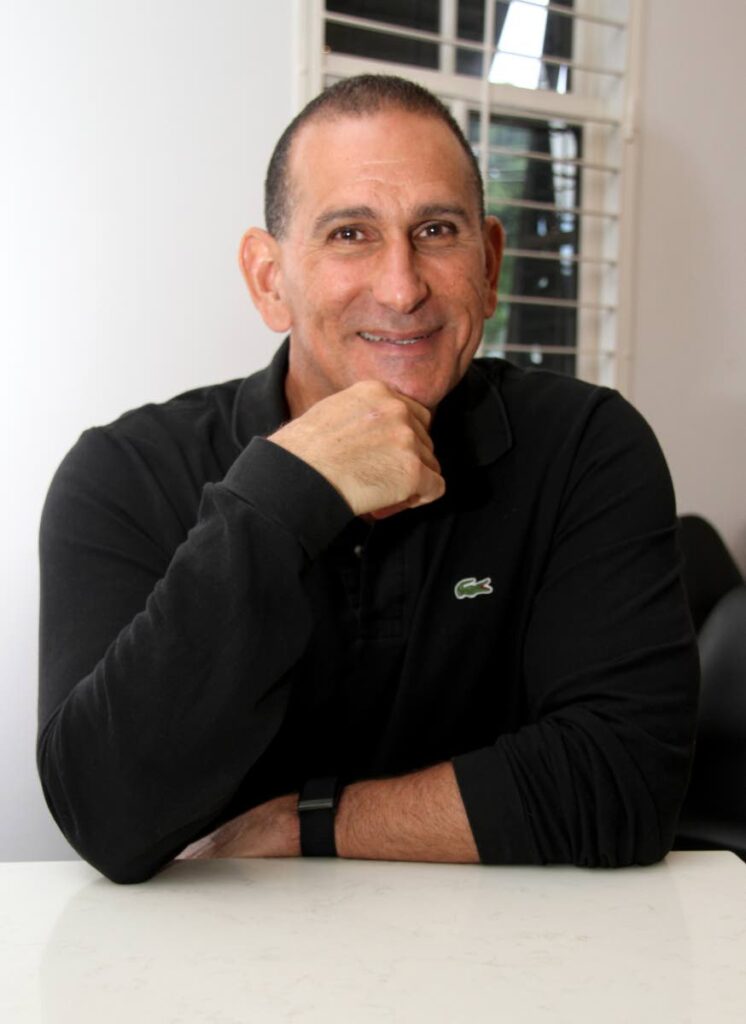Spinning waste into gold

John Hadad's commitment of the Hadco Group's resources to recycling are an important step forward in this country's difficult relationship with its waste.
According to Mr Hadad, the companies, Eco Impact – which recycles waste vegetable oil – and New Age Recycling – which recycles wastepaper, cardboard, Tetrapak cartons and aluminium cans – have turned garbage into foreign exchange revenue.
Ansa McAl's Carib Glassworks has also been a committed recycler of the glass bottles it manufactures for the company's beverage production.
Acknowledging that Hadco's venture is not profitable yet, Mr Hadad noted that the project has an impact beyond earning US currency.
His presentation was part of the American Chamber of Commerce's Environmental, Social and Governance conference on May 2.
Bill Shireman, president of Future 500, pointed out the importance of creating recycling projects that are based on business principles rather than government decree.
Mr Shireman acknowledged the importance of government's role in creating the framework and boundaries for profit-driven recycling.
Regionally, the UN, funded by the European Union and working with Caricom, hopes to normalise a circular economy of recycling and reuse by 2026 with its Zero Waste in the Caribbean programme.
Where is Trinidad and Tobago in these initiatives?
This country doesn't show up in waste per capita rankings, but is a messy outlier in plastic waste management.
A combination of wealth and carelessness has led to this country being identified as a major plastics polluter. The Philippines takes the lead in this ignominious race, dumping more than 350,000 tonnes of plastic or 37 per cent of mismanaged plastic waste into the ocean annually.
TT has a plastic problem, but it's one that can be managed.
Stemming TT's tide of plastic wasted will demand greater measures.
Waste management must become a core mission in governance, with a commitment to doing more than announcing bold initiatives that go nowhere.
It isn't clear, for instance, what happened to the US$475,000 waste-oil processing pilot plant announced for Tobago in 2017.
While the EMA's iCare plastic waste recycling initiative has placed collection bins in Trinidad and in partnership with Recycling Waste Logistics, in Tobago, the function of the bins isn't widely understood and isn't a substitute for nationwide source sorting, collection and recycling of reclaimable waste.
In best-practice waste collection, waste is identified and separated for collection at source, separating aluminium, plastic, paper, organic and food, and the three classes of glass – brown, green and white.
Since 2018, the government has been planning to deal with the 1,500 tonnes of solid waste dumped in local landfills daily. The EMA has explained repeatedly that 80 per cent of that waste is recyclable.
It's time to think sustainably about the problem. Making money off our solid waste and managing it sensibly is important, but not poisoning ourselves with our rubbish should be the clear end goal.


Comments
"Spinning waste into gold"